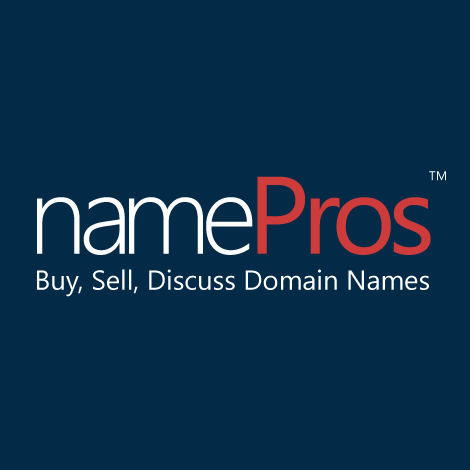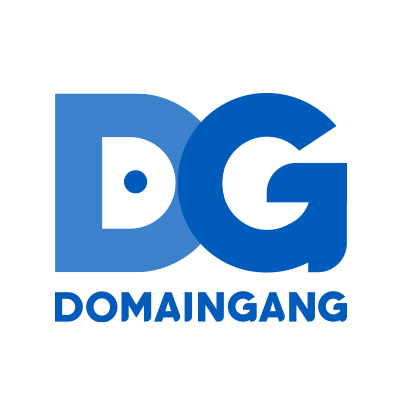YOUR AD HERE
Prevention:
Google the domain (also try adding words like stolen, scammed, help, missing, etc), asking other domainers about the domain in question, checking the various marketplaces and making sure things add up... The biggest single indicator of a potential scam is the price. A scammer will want to price the domain low enough that it sells before he gets caught. Keep a watchful eye on new members. Recently modified whois is another warning sign. If other indicators are present (ex. extremely low price), proceed with extreme caution.
Some known scams:
1. Appraisal Scam -- If they ask for an appraisal, it's probably a scam.
2. Snail mail scam letters -- Letters through the mail reminding you to renew your domains from companies which aren't your current registrar
3. Compromised web-based email accounts and keyloggers -- Using an email provided to you by your Internet Service Provider is generally safer than web-based email solutions. There have been known security flaws in certain webmail applications in the past (ex. Gmail) which made compromising member accounts considerably easier than guessing a password. Understand the risks involved with using a web-based solution. Download spyware software such as Adaware Lavasoft and scan your computer daily. Keyloggers are A) easy to put on someone's computer and B) potentially catastrophic to a web based business.
4. Unauthorizing funds (particularly bad with Paypal). Paypal makes it very easy to create chargebacks. Don't accept large amounts by Paypal unless you're dealing with people you absolutely trust. Moneybookers/Escow.com are a step above Paypal, however the best option would be to go with a true escrow service such as Sedo Escrow, Moniker Domain Escrow Service or EscrowDNS.
5. Emails saying your domain requires renew/transfer/you to take a certain action. Check the email and make sure that A) it's from your registrar and B) the url mentioned matches what your registrar's would be. Safer to just visit the registrar than click the links in the email.
6. Incorrect Whois emails -- if your whois isn't incorrect, beware. Phone your registrar if you think they made a mistake.
7. Traffic/Click Fraud -- Self explanatory. If it isn't direct navigation it shouldn't be sold as such. Due diligence is required here.
8. Hijacking -- If you use one of your own domain names as the nameserver, be sure to make sure it doesn't expire or someone could fraudulently gain control of your domains.
9. Escrow.com is NOT 100% safe. They do not cover stolen domains -- buyer beware. Don't think processing a "bargain" through Escrow.com won't potentially end in you being out money. In the event a domain is stolen from someone's account, the domain WILL be returned to the original owner and you'll be out whatever you paid for the domain.
10. One thing I should add: Most free webmail providers will delete accounts after certain periods of inactivity. A clever scammer could notice that your Hotmail/Yahoo/other webmail account had expired, register that same email address (which is now available) and then proceed to "Request Password" at various registrars using what was previously your email address. If you plan on using your webmail infrequently, it's recommend you verify what amount of inactivity is tolerable and won't result in email account deletion.
 11 months ago
50
11 months ago
50






 English (US) ·
English (US) ·